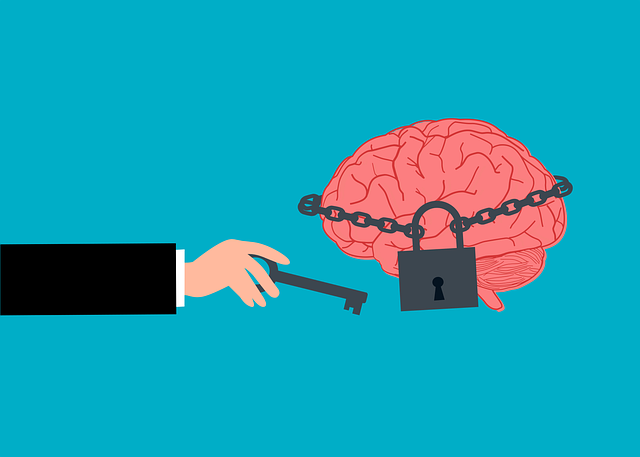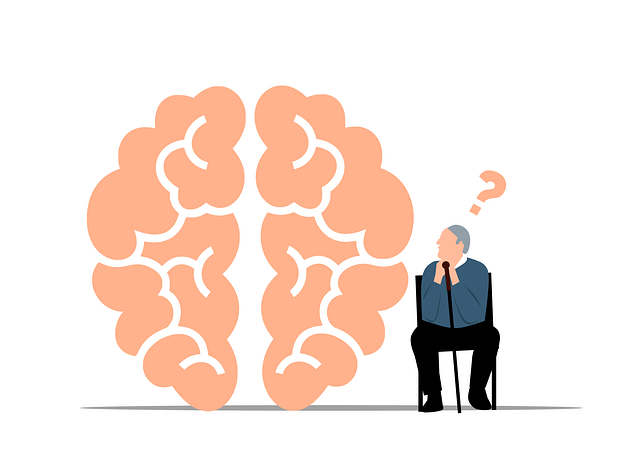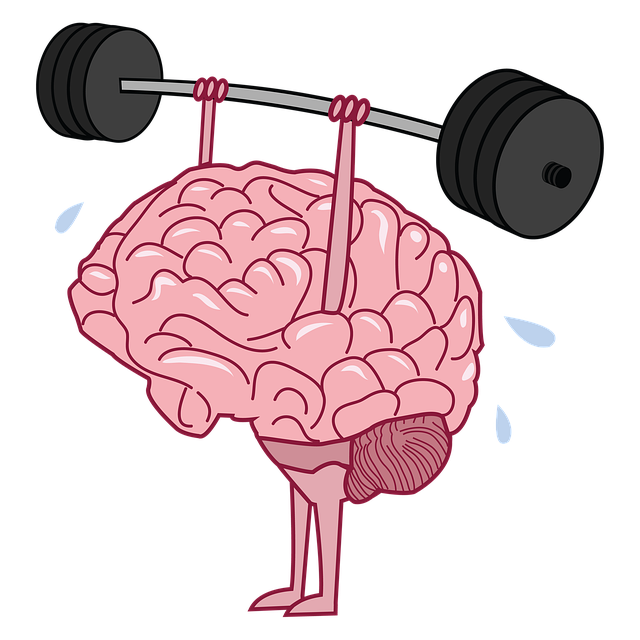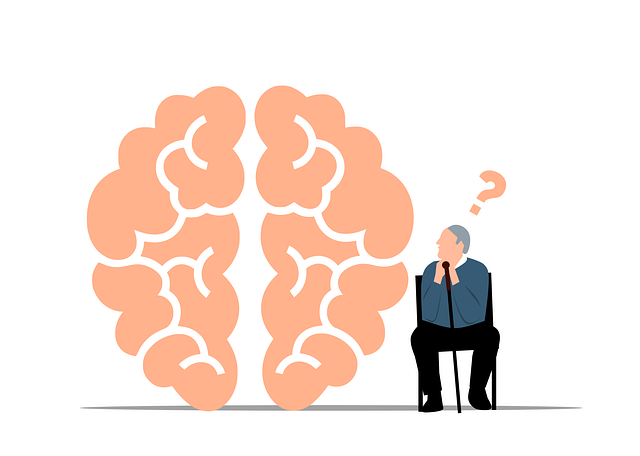In a world where mental health is often overlooked, early intervention through Therapy for Children & Family Counseling is crucial to combat rising anxiety and depression rates. Integrating traditional therapy into educational and home settings promotes holistic wellness. Schools and families play key roles in building resilience and teaching coping strategies via family counseling services that encourage open communication. Customized coaching curricula, incorporating CBT and mindfulness, cater to different age groups, from adapted mindfulness for younger kids to complex topics like identity formation for adolescents. Cultural sensitivity is vital for inclusive environments, and stress management workshops should reach diverse communities through community outreach. Evaluating program effectiveness involves structured assessments beyond satisfaction surveys, ensuring Therapy for Children Family Counseling addresses tangible improvements in coping mechanisms and stress management skills.
Mental wellness coaching programs are gaining traction as essential tools for promoting emotional well-being, especially among children and families. This article delves into the development of tailored mental health support systems, addressing a growing need in educational and domestic settings. We explore strategies for creating age-specific curricula, integrating evidence-based practices to enhance therapy sessions, and examining the pivotal role of family counseling in fostering children’s emotional resilience. Understanding success measurement is key to optimizing these interventions.
- Understanding the Need for Mental Wellness Programs in Schools and Families
- Designing Customized Coaching Curricula for Different Age Groups
- Integrating Evidence-Based Practices for Effective Therapy Sessions
- The Role of Family Counseling in Supporting Children's Emotional Growth
- Measuring Success: Evaluating and Enhancing the Impact of Coaching Interventions
Understanding the Need for Mental Wellness Programs in Schools and Families

In today’s fast-paced world, mental wellness is an integral aspect that often gets overlooked, especially within schools and families. The increasing rates of anxiety, depression, and other mental health issues among children and adolescents highlight a pressing need for early intervention and support. Traditional therapy for children often focuses on addressing specific symptoms, but integrating these practices into educational settings and homes can foster a holistic approach to mental wellness.
Schools and families play pivotal roles in promoting resilience and coping strategies among young individuals. Family counseling services can provide a safe space for open communication, helping parents and guardians understand their child’s emotional landscape. By incorporating self-awareness exercises and trauma support services, children learn valuable skills to navigate stress, build healthy relationships, and manage challenges. Additionally, risk management planning for mental health professionals is essential to ensure that both students and families receive the necessary tools and resources to maintain a positive mental state.
Designing Customized Coaching Curricula for Different Age Groups

Designing coaching curricula tailored to different age groups is essential for effective mental wellness programs. For younger individuals, coaches might focus on teaching mindfulness meditation techniques adapted for children, helping them develop emotional awareness and stress management skills. Incorporating engaging activities and stories can make these sessions fun and interactive, fostering a positive learning environment. Family counseling, as part of the curriculum, allows parents or guardians to participate, ensuring a collaborative approach to addressing any household challenges that might impact a child’s mental wellness.
As clients progress, coaching can evolve to tackle more complex topics. For adolescents, discussions around identity formation, peer relationships, and navigating academic pressures become relevant. Techniques for depression prevention, such as cognitive-behavioral strategies, can be introduced alongside promoting healthy lifestyle habits. Customized programs recognize that each age group has unique needs, enabling coaches to provide targeted support for optimal mental wellness development.
Integrating Evidence-Based Practices for Effective Therapy Sessions

Incorporating evidence-based practices into therapy sessions is a cornerstone of effective mental wellness coaching programs, especially when tailored for children and family counseling. These practices draw from extensive research in psychology and neuroscience to create structured, safe spaces where clients can explore their thoughts, emotions, and behaviors. For instance, cognitive-behavioral therapy (CBT) has proven effective in managing anxiety and depression by helping individuals identify and change negative thought patterns. Similarly, mindfulness techniques, often taught through Stress Reduction Methods, enhance present-moment awareness, thereby reducing stress and improving emotional regulation.
Cultural sensitivity is another vital aspect that ensures these practices resonate with diverse populations. Recognizing the impact of cultural background on mental health experiences, therapists must adapt their approaches to be inclusive and respectful. This involves understanding and incorporating cultural values, beliefs, and traditions into therapy sessions, creating a supportive environment for every client. For organizations offering Stress Management Workshops, this sensitivity translates into designing programs that cater to various cultural needs, ensuring wide accessibility and effectiveness in promoting mental wellness across communities.
The Role of Family Counseling in Supporting Children's Emotional Growth

Family counseling plays a pivotal role in fostering the emotional growth and mental wellness of children. This therapeutic approach recognizes that a child’s well-being is deeply interconnected with their family dynamics. By involving parents, caregivers, and siblings in the process, therapists can offer a holistic perspective on addressing emotional challenges. Through open dialogue, family members learn to navigate communication barriers, resolve conflicts, and develop healthier coping strategies.
The integration of mental health education programs designed around mind over matter principles is often a key component of successful family counseling. These programs empower children and their families with the tools to manage stress, build resilience, and promote positive mental health. Community outreach program implementation can further enhance accessibility, ensuring that support services reach diverse populations, including underserved communities, and thereby contributing to a more inclusive and supportive environment for children’s emotional growth.
Measuring Success: Evaluating and Enhancing the Impact of Coaching Interventions

Evaluating the success of mental wellness coaching programs is a multifaceted process that goes beyond simple satisfaction surveys. It involves assessing tangible improvements in clients’ lives, such as enhanced coping mechanisms and better stress management skills. Therapists and counselors play a pivotal role in measuring these outcomes by incorporating structured assessments and tracking progress over time. These evaluations not only help in understanding the program’s effectiveness but also guide adjustments to cater to diverse needs.
Cultural sensitivity in mental healthcare practice is an integral aspect of successful coaching interventions. Tailoring support to accommodate different cultural backgrounds ensures that clients feel heard, understood, and respected. Additionally, incorporating techniques from family counseling can significantly benefit coaching programs, especially when addressing issues that impact the whole family unit. By organizing stress management workshops within organizations, coaches can foster a supportive environment, enhance inner strength development, and promote overall well-being among employees.
Mental wellness coaching programs are a vital tool for fostering healthy development in both schools and families. By tailoring curricula to specific age groups, integrating evidence-based practices, and incorporating family counseling, these programs can significantly enhance the emotional well-being of children. Regular evaluation ensures interventions remain effective and impactful, allowing for continuous improvement in mental health support. With an increased focus on these comprehensive strategies, including therapy for children and family counseling, we can create a more resilient and supportive environment for young minds to thrive.














